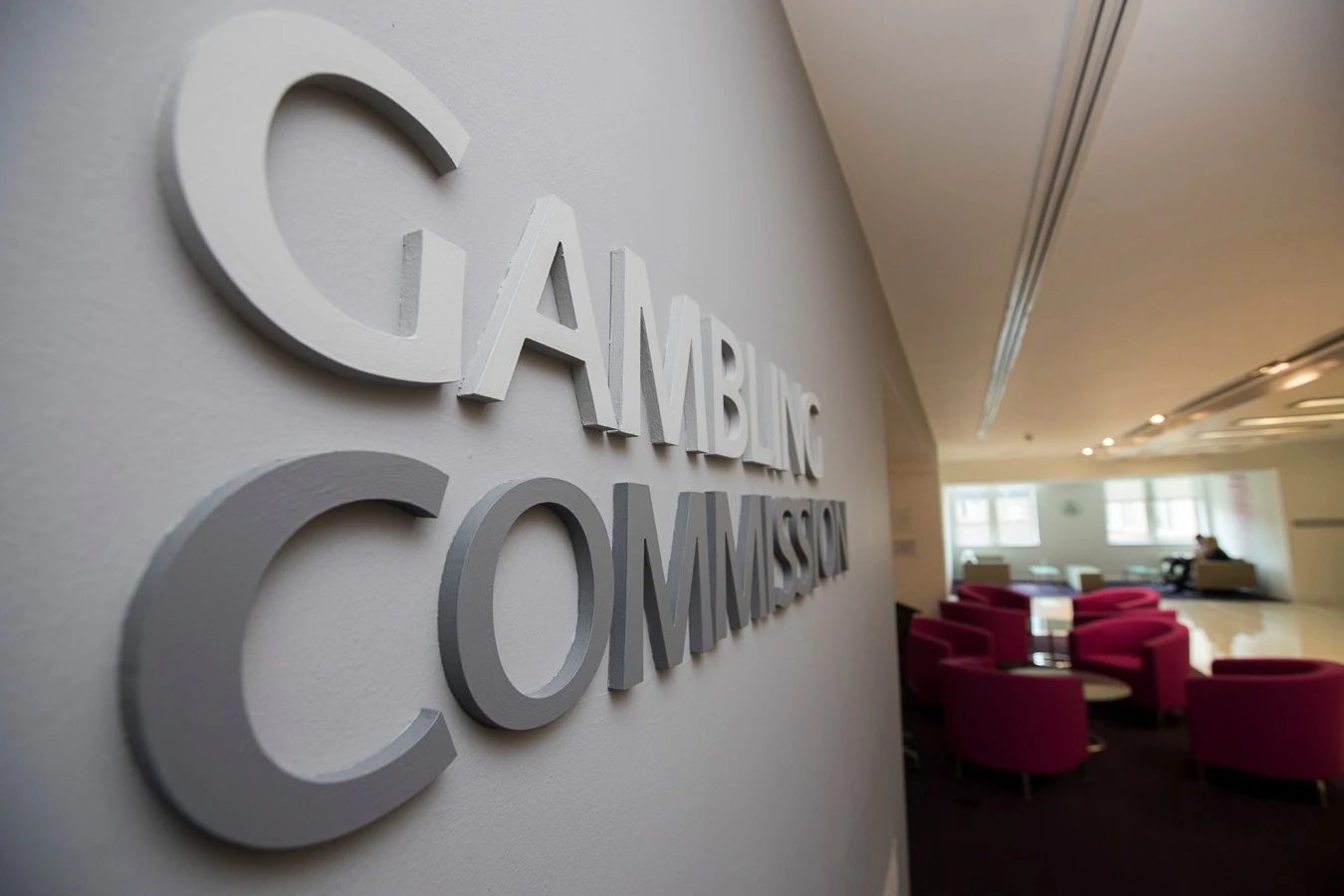Gambling Commission introduces GGY-based model for financial penalties

Great Britain’s Gambling Commission has announced a seven-step process to amend how it calculates and impose fines and financial penalties on companies that breach regulations. All changes are due to come into effect from 10 October.
Within this new format, the Gambling Commission will base financial penalties on a percentage of the offender’s gross gambling yield (GGY), or equivalent income generated during the period of the breach.
An industry consultation on its penalty regulations, which ran from 15 December 2023 until 15 March 2024, considered how the regulator should amend its approach to handing down penalties to those that breach regulations.
What does the Gambling Commission’s previous penalty model look like?
As a result of the consultation, the regulator amended its statement of principles for determining financial penalties (SoPfDFP). This, the commission said, sought to provide “clarity and transparency” to the market.
The SoPfDFP was last updated in 2021, after first being published in June 2017. Prior to this update, the regulator would consider only a number of factors when issuing a penalty.
These covered seriousness of breach, the company’s awareness of breach, any repeat behaviours, how quickly the breach was resolved, whether it mirrored previous breaches from the commission and the licensee’s financial resources at the time.
Latest changes include the commission following a “clear and distinct” seven-step process when assessing and imposing a penalty. The regulator also said that it will provide transparency on how it determines the level of seriousness of the breach.
John Pierce, the commission’s director of enforcement and intelligence, said the GGY-based model will not be used in the case of society lotteries, registered charities or personal licence holders.
Instead, he said “an appropriate alternative will be used”.
Commission to introduce ‘seriousness’ levels
As part of this approach, the commission will introduce five new levels of seriousness of a breach. Those deemed the least serious will be ranked level 1 offences, with level 5 to represent the more serious cases. Penalties will reflect this ranking system.
This system will consider a number of circumstances relating to the breach, including:
- Whether the licensee has adequately demonstrated its consideration of previous commission cases and the lessons learnt.
- The timeliness of the licensee’s admissions and remedial actions taken.
- Whether the licence condition breach was intentional or reckless.
- Whether the licensee could have prevented the licence breach.
- Whether the breach arose from a systemic failure.
- Whether the breach of a licence condition caused or had the potential to cause harm to consumers, and if so the extent of any such harm.
The Gambling Commission may decide to adjust penalties based on certain aggravating and mitigating factors. For example, repeat offenders may face higher penalties for the same breach as first-time offenders.
This may also apply in cases where the commission wants to deter others from falling foul of regulations. It said higher penalties may be applied to discourage operators from carrying out similar activities that could also land them with a fine.
Certain penalties could be reduced
On the other hand, the commission will consider reducing penalties for operators that help settle a case early. A discount may apply if admissions or disclosures leading to early resolution are made within 28 days of preliminary findings.
In addition, the regulator said it will continue to consider affordability and proportionality when determining penalties. This, it said, will ensure the offender does not experience “significant financial hardship” as a result of the fine.
“We are making changes to strengthen the transparency and consistency of how we impose financial penalties,” Pierce said. “These proposals were subject to extensive consultation, and the views shared by all our stakeholders have been taken into account.
“Crucially, the new approach also encourages compliance at the earliest opportunity, supporting the protection of consumers alongside fair and proportionate outcomes for operators.”
Is the new penalty model transparent enough?
Commenting on the new framework, Northridge Law Partner Melanie Ellis said increasing the transparency of the Commission’s decision making on financial penalties was a welcome change for the sector.
She notes in the past it had been difficult for operators to predict what level of fine they will receive, or to understand why they have been penalised a certain amount.
“In particular for the assessment of the penal element of a fine, the scale of levels of seriousness from 1 to 5, each with a range of percentage of GGY penalties, has the potential to be a useful tool to assist in predicting the likely quantum of a fine,” Ellis tells iGB.
However, she also flags a number of factors that remain uncertain, including the “seriousness scale” which she describes as vague.
“The possibility of an adjustment to ensure the fine is ‘proportionate’ adds further subjectivity to the process,” she adds.
